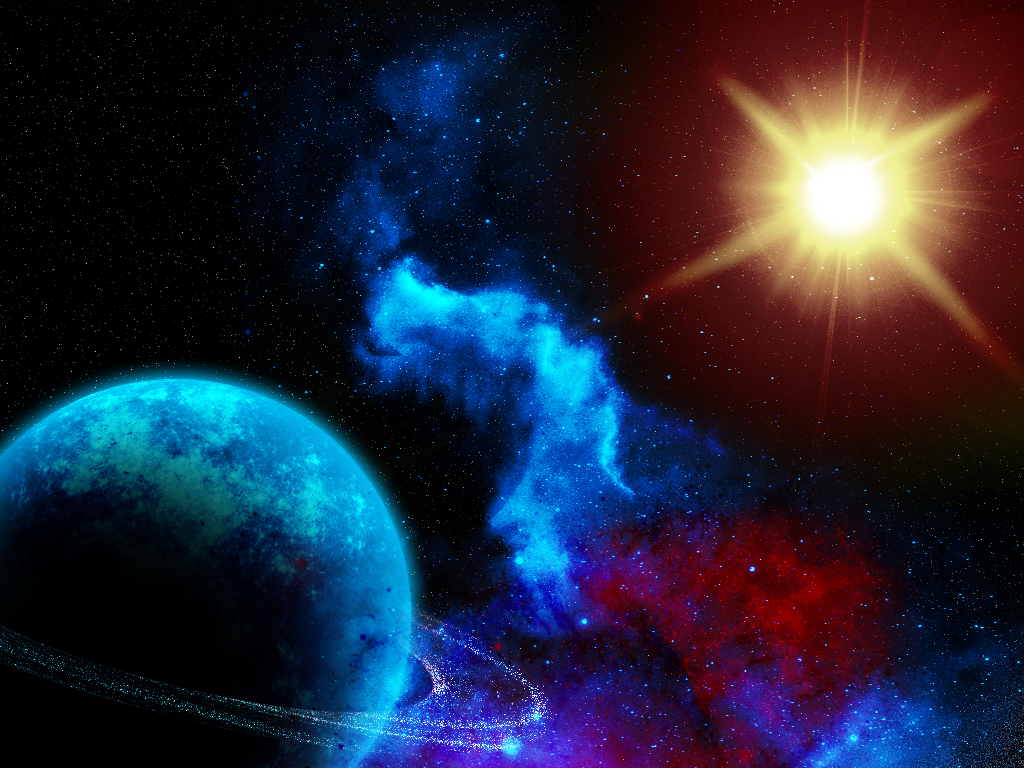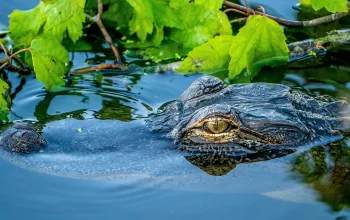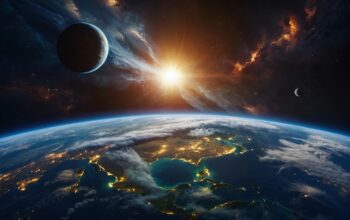Scientists from the University of Cambridge have provided perhaps the most convincing evidence yet that life beyond our planet could be a reality. While studying the atmosphere of exoplanet K2-18b, they have detected the presence of molecules that on Earth are created exclusively by the activities of simple organisms.
Signal from space: A step closer to answering whether we are alone in the universe
Planet K2-18b, located 124 light-years from Earth, has already intrigued scientists, but new observations using the James Webb Space Telescope (JWST) have provided even stronger evidence for the presence of gases produced by marine microscopic organisms on Earth—specifically dimethyl sulfide (DMS) and dimethyl disulfide (DMDS).
"This is the strongest evidence we've ever had for life beyond our planet," said Professor Nikku Madhusudhan of the Institute of Astronomy in Cambridge. "I believe we could have confirmation within one to two years."
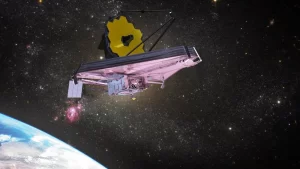
An ocean of life? Or something else entirely?
Planet K2-18b is two and a half times larger than Earth and so far away that we could never reach it in our lifetimes. However, the JWST telescope can analyze the chemical composition of its atmosphere based on the light passing through it from its parent star.
According to Professor Madhusudhan, the levels of DMS and DMDS were recorded to be up to a thousand times higher than on Earth. If these molecules are indeed of biological origin, K2-18b could be a planet teeming with life.
"If we can confirm the presence of life, it would mean that life in the galaxy may be more common than we previously thought," the scientist added.
Both enthusiasm and caution: The scientific community remains skeptical
Although the results sound promising, scientists are currently talking about a three-sigma level of confidence – that is, 99.7 %. However, to truly confirm the discovery, up to a five-sigma level (99.99999 %) is needed.
Even if this level of confidence were achieved, it is not certain that the DMS and DMDS molecules originate from living organisms. They could also be formed by other, non-biological processes – geological or chemical – that we do not yet know about.
Alternative scenarios: Gas giant or planet with a lava ocean?
Some research teams even question whether K2-18b has a solid surface at all – it could be a mini gas giant without a surface. Others believe that the presence of water is possible, but that doesn't automatically mean conditions for life.
The absence of ammonia in the atmosphere, which would be present if the planet didn't have an ocean, leads some scientists to believe that water is actually there. But even this hypothesis has its opponents - perhaps it's an ocean of molten rock.
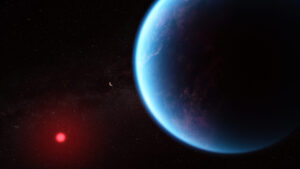
When will the definitive answer come?
Professor Madhusudhan and his team are planning further observations that could yield definitive data, and he says they could have key evidence within two years.
"Perhaps in a few decades we will look back on this moment as a tipping point - the moment when the question of whether we are alone in the universe became answerable," he said.
The research results were published in a renowned scientific journal The Astrophysical Journal Letters.
